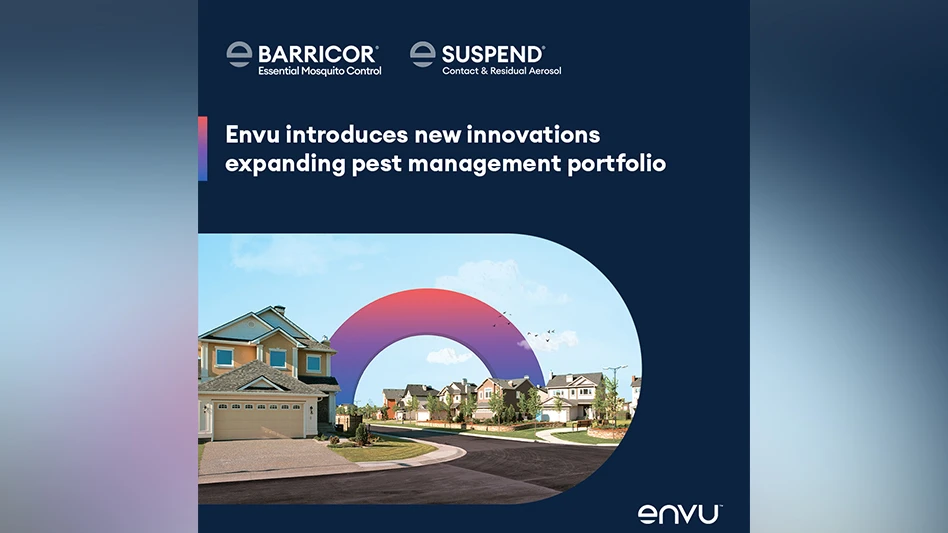 The service profession is the oldest profession on the planet. Most think of prostitution when the "oldest profession" is mentioned; however, providing any service for a fee such as food, shelter or "other service" and the sale of that service is the same. Sales and service date back to the earliest humans. There are thousands of manuals and books related to sales, motivation and business; however, few of these books are directly related to selling service.
The service profession is the oldest profession on the planet. Most think of prostitution when the "oldest profession" is mentioned; however, providing any service for a fee such as food, shelter or "other service" and the sale of that service is the same. Sales and service date back to the earliest humans. There are thousands of manuals and books related to sales, motivation and business; however, few of these books are directly related to selling service.
Most sales training comes from the product sales world, such as real estate, automobiles, vacuum cleaners, appliances, furniture, etc. Needless to say, selling a product is completely different than selling a service, yet companies force product sales training down the throats of their sales/inspection force. While it may be somewhat effective and some training is better than none, the product sales approach often does not fit the service industry.
Those employees who are skilled and trained in the art of selling their service are more productive and provide more company growth than those trained and educated in product sales training. Everything is a "sell" but not everything is "sold" the same way — at least not efficiently.
The service industry exists to satisfy a "need" or solve a problem (in most cases). One would suspect this form of sell would be the easiest sale of them all, yet companies struggle handling the service concept (or at least fail to realize their full potential and growth).
A surprising number of service companies grow in spite of themselves, but their true potential is never realized. The service industry is hampered by faulty sales training (if they receive any training at all). The lack of service-specific training suppresses production and growth for the individual and the company. Management struggles to keep up with budgets and often turns to "crisis management" tools during difficult downturns in the economy (that work for the product sales industry). All too often those tools are implemented but they are out of character for the service industry, or they are antiquated and obsolete. Lower-level and branch-level management receives the blame for lack of production who, in turn, blames the field that creates turnover and lack of company/employee engagement.
Finally, "stuff" can only be shoved downhill for so long until corporations or owners panic and turn to new outside-the-industry sales gurus (hired guns in the product sales industry who are good at "selling" themselves). These cowboys enter with their Wizard of Oz promises to save the day. Unfortunately, those Wizard of Oz, self-professed rainmakers who excel in the art of selling products (and themselves mainly), fail to connect in the service industry in almost every case.
Selling service cannot be compared to selling real estate, furniture, automobiles or products — the concepts are completely different. While it appears to work short-term (production and sales may show short-term results), the relief is temporary and the down or stagnant cycle starts again.
"I Want" vs. "I Need." In the service industry, unlike product sales, we are offering something we do as a company in which the customer normally needs, not necessarily "wants." I may need my teeth fixed, I sure as hell did not want to do it. I may want a new Ford pick-up, and I may visit the Ford dealer and I may purchase one if the salesperson convinces me, but the burden of the entire sale is on the salesperson because I don't really need a new truck. No matter how much I may want that new truck, chances are I really do not want to pay a lot for it!
Let's say my air conditioning goes out during the summer. I either need a new unit or I have the broken one fixed. I call a few companies to come out to examine the problem, and I need them to give me a good inspection and a fair price. Regardless of how or who shows up, I need relief and I am going to purchase service or a new unit; that is a fact. I may not "want" to do it, but I "need" to do it.
Do you see the difference in need and want? The product salesperson, like the truck salesperson, deals with wants most of the time, and the service industry deals with needs. It is true that if the service inspector or technician does it correctly, it becomes simply an order taken and service rendered, not really a sale; but as anyone in the service industry can testify, it is just not that easy. It proves my point that more sales in the service industry are "un-sells" rather than "sells." Most jobs are sold when the stop is scheduled; it is "un-sold" by untrained service technicians or inspectors.
The primary reason for failure in the service sales industry is that the majority of the companies in the service industry train and promote their employees based on the models of the product industry. Although it seems to work (only because some are just impossible to screw up and they really are just order taking not selling), this method of training is not as efficient as it should be. Again, just like the game of football, we take something simple, and via coaching or training, we make it difficult. Selling a service based on "need" should be as easy as learning to walk.
One of the major failing points in product sales training when applied to service sales training is perception. If you are trained by a duck, you will walk and talk like a duck, and even though you are in reality a swan, you will be perceived as a duck. What the duck!
|
In a Stressed Economy, Reduce Prices Drive revenue through sales; and if the purse strings are tight with the consumers, raising the price is not going to help you loosen those strings. You don't have to rent an elephant or fire up the blue light special with "sales, sales, sales" announcements; just drop the prices to a level where your services starts to move again. I wish I had a dollar for every time someone advised me to put a surcharge or fuel cost on every invoice. Let me guess, you did it! Yes, fuel did skyrocket, and yes, it did affect the bottom line, but the fuel cost for the consumer went up just as much as it did for the company. Passing on cost will work — the consumer understands it, but they don't like it. Suck up the cost, and do not draw attention to your price by adding a surcharge to it. If you want or need to raise the cost of your service, do so when the economy is booming; no one will notice then. Throw the cost in during bad times, and yes, they will pay, but an equal amount also will cancel. Cancellations in economic downturns are extremely damaging. Lower your prices and lower your profile; do not draw attention to yourself by raising prices. If you do that, you can work your company out of the mess. The economy always turns around; sometimes it just takes longer than others. |
The author is the operations officer and general manager for PestNow and Superior Pest and Lawn Management, Ashburn, Va. He can be reached at rmarkland@giemedia.com.
Get curated news on YOUR industry.
Enter your email to receive our newsletters.
Explore the September 2011 Issue
Check out more from this issue and find your next story to read.
Latest from Pest Control Technology
- How to Get Rid of Odorous House Ants
- Massey Services Promotes Herndon to Director of Sales for Multi-Family Division
- NPMA Announces First Recipients of NPMA PRO Certified Credential
- Pestmaster of the Hudson Valley Acquires Catskill Animal Damage Control
- Photo Slideshow: Ant Identification Tips
- Video: Top 10 PCT Photo Contest Finalists
- UF/IFAS Study Reveals Boats as Perfect Vessels for Global Termite Spread
- Pest Control Consultants (Iowa) Earns Pinnacle Performance Award








